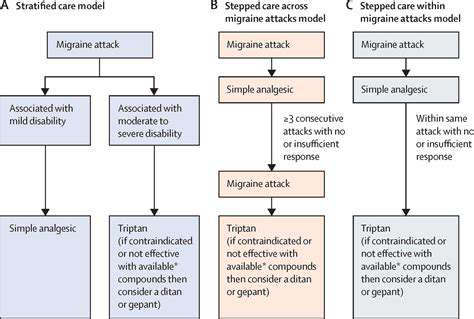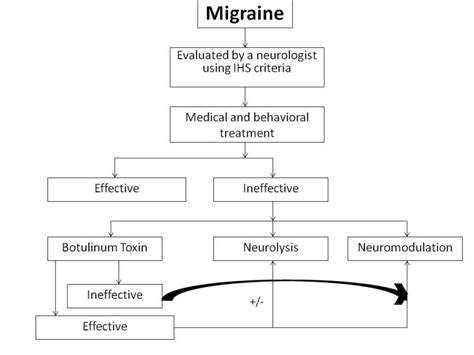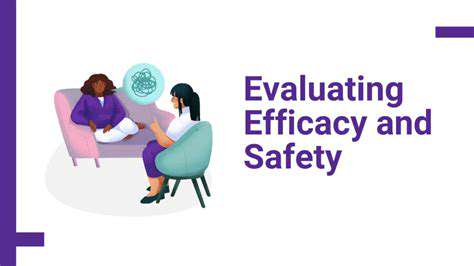What Happens During a Neurologist Visit for Migraines?
Treatment Options and Strategies
Initial Assessment and Diagnosis
During the initial visit, the neurologist will conduct a thorough evaluation to determine the nature and severity of your migraines. This involves a detailed discussion about your symptoms, including the frequency, intensity, duration, and location of pain. They will also inquire about any triggers, such as stress, certain foods, or environmental factors. A comprehensive medical history is crucial, including past diagnoses, medications, and allergies. This careful gathering of information helps differentiate migraine from other headache types and identify potential underlying causes.
Physical examinations will assess neurological function, looking for any signs of abnormalities or conditions that could be contributing to the migraines. This might include checks of reflexes, coordination, and sensation. The neurologist will also pay close attention to your overall health, considering potential systemic issues that could be implicated in migraine episodes.
Lifestyle Modifications
Lifestyle adjustments can play a significant role in managing migraines. A neurologist will likely recommend maintaining a regular sleep schedule, as sleep disruptions are often linked to migraine episodes. Dietary modifications, such as identifying and avoiding trigger foods, can also be beneficial. Stress management techniques, including relaxation exercises, meditation, or yoga, are often suggested to help prevent migraines.
Regular exercise and maintaining a healthy weight are important components of a comprehensive lifestyle management plan. These factors can contribute to overall well-being and potentially reduce the frequency and severity of migraines.
Medications for Acute Relief
When a migraine attack occurs, prompt treatment is crucial. The neurologist will discuss various medications for acute relief, including over-the-counter pain relievers like ibuprofen or naproxen. More potent medications, like triptans, may be prescribed for stronger pain relief. These medications work by constricting blood vessels in the brain, which can help reduce inflammation and pain. The neurologist will guide you on proper dosage and administration to effectively manage the attack.
The neurologist may also discuss the use of non-drug therapies, such as cold compresses or massage, as adjunctive measures to alleviate the pain during an acute episode.
Medications for Preventative Management
For individuals experiencing frequent or severe migraines, preventative medications can be highly effective. These medications are designed to reduce the frequency and intensity of migraine attacks. The neurologist will discuss various options, including beta-blockers, antidepressants, and anticonvulsants. Finding the right preventative medication often involves a process of trial and error, working closely with the neurologist to determine the most suitable approach.
Identifying and Managing Triggers
Understanding and managing potential migraine triggers is an essential part of preventative care. A neurologist will help you identify factors that might be contributing to your migraines. This could involve keeping a detailed headache diary, noting when and how migraines occur, and identifying potential triggers such as stress, certain foods, or environmental factors. Once triggers are identified, strategies for avoiding or managing them can be developed, potentially reducing the overall frequency of migraines.
Alternative and Complementary Therapies
In addition to traditional medical approaches, the neurologist may discuss alternative or complementary therapies. These may include biofeedback, acupuncture, or massage therapy. The neurologist can guide you on whether these therapies might be beneficial in combination with conventional treatments. However, it's important to remember that these therapies should be integrated into your care plan after a thorough discussion with the neurologist to ensure safety and efficacy.
Follow-up and Ongoing Management
Regular follow-up appointments with the neurologist are crucial for monitoring the effectiveness of treatment strategies and adjusting them as needed. This allows for ongoing evaluation of your response to medications and lifestyle modifications. As your condition evolves, the neurologist can adapt the treatment plan to optimize your migraine management and overall well-being. This proactive approach ensures that you receive the most appropriate and effective care over time.











